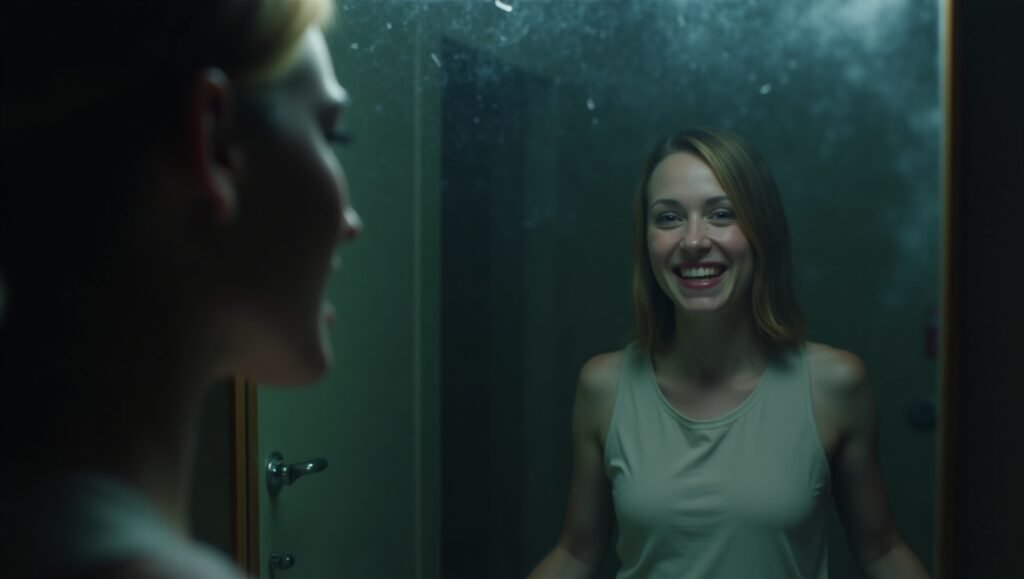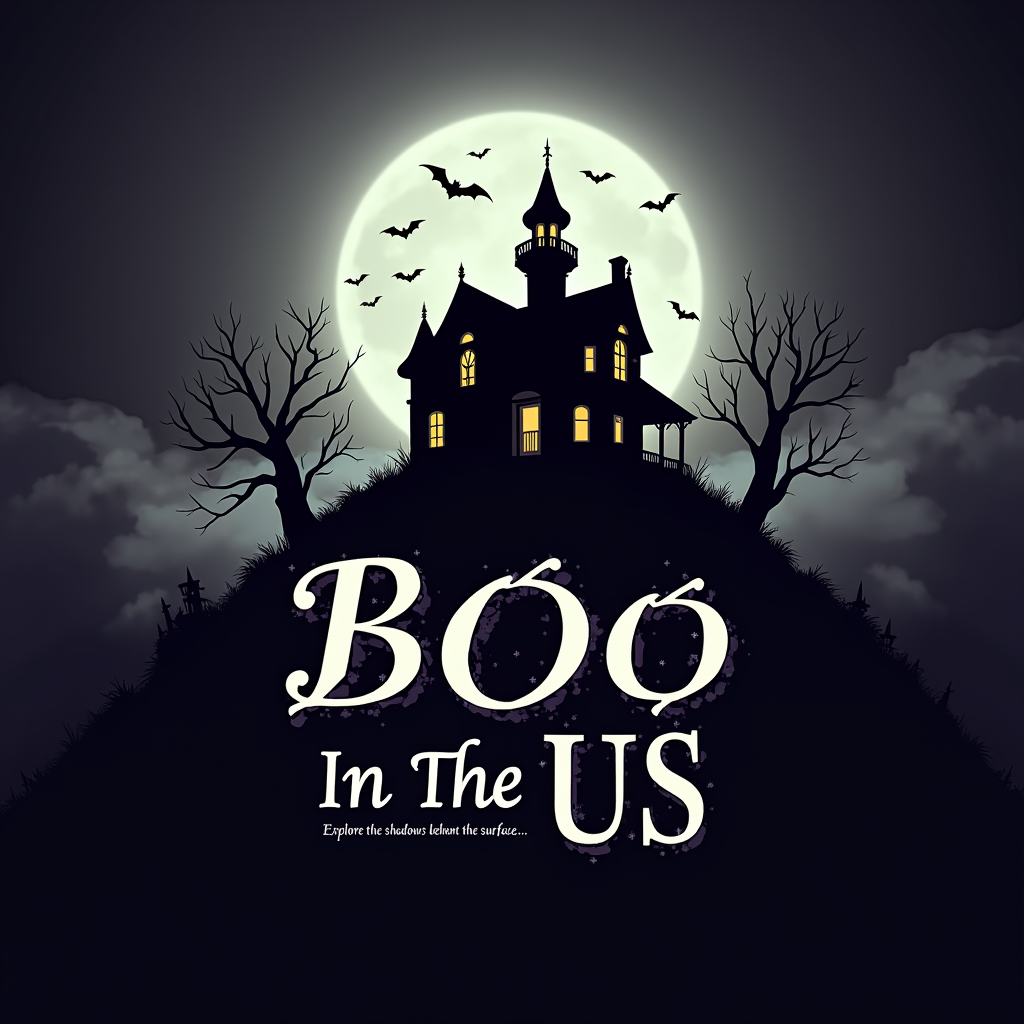Table of Contents
What Is Psychological Horror?
Psychological horror is a genre that focuses on the mental and emotional states of its characters. Instead of jump scares and monsters, it plays with paranoia, trauma, guilt, and distorted realities. The result? A chilling, slow-burn experience that lingers long after the final page or scene.
Unlike traditional horror subgenres, psychological horror digs into internal fears—turning the mind into the scariest place of all.

Key Features of Psychological Horror
1. Unstable Protagonists
Characters in psychological horror are often unreliable. They’re battling anxiety, grief, hallucinations, or buried memories that distort their view of reality.
2. Reality vs. Delusion
These stories blur the line between what’s real and imagined, creating a sense of confusion and dread in both the character and the audience.
3. Emotional Themes
Grief, guilt, trauma, obsession, and identity are explored through chilling metaphors and suspenseful storytelling.
4. Atmospheric Settings
Psychological horror thrives in claustrophobic, lonely environments—empty houses, tight urban apartments, remote cabins—that reflect mental isolation.
Why Psychological Horror Is Trending in 2025
As conversations around mental health become more mainstream, audiences are gravitating toward horror that reflects personal and emotional struggles. In 2025, psychological horror is dominating books, movies, and streaming platforms because it offers:
- Depth: Rich character studies and emotional realism.
- Relatability: Themes that echo real-life anxieties.
- Imagination: Less gore, more mind games.
This trend is also popular among indie creators and low-budget filmmakers who use storytelling and mood over special effects.
Best Psychological Horror Books to Read in 2025
- The Silent Patient by Alex Michaelides
- I’m Thinking of Ending Things by Iain Reid
- The Shining by Stephen King
- Things Have Gotten Worse Since We Last Spoke by Eric LaRocca
- We Need to Talk About Kevin by Lionel Shriver
These novels are excellent examples of how psychological horror can unsettle readers through ambiguity, emotional trauma, and unreliable narration.
Top Psychological Horror Movies & Series
- Hereditary (2018) – Grief and madness collide in this family-centered horror.
- The Babadook (2014) – Motherhood and mourning take terrifying forms.
- Black Swan (2010) – A ballerina spirals into obsession and self-destruction.
- The Haunting of Hill House (Netflix) – A masterclass in trauma-driven horror.
- Saint Maud (2019) – A descent into spiritual fanaticism and madness.
Psychological Horror vs. Other Subgenres
| Genre | Focus | Threat Type |
|---|---|---|
| Psychological Horror | Mind, emotions, trauma | Internal (mental breakdown, perception) |
| Supernatural Horror | Ghosts, spirits, curses | External (paranormal forces) |
| Slasher Horror | Physical violence, killers | External (human antagonist) |
| Body Horror | Physical transformation | External/Internal (mutation, disease) |
Psychological horror stands apart by turning the mind into the battleground—there are no monsters to run from, only thoughts you can’t escape.
Sanskrit Quotes related to Psychological Horror
- “भयादेव मनः सञ्जायते।”
Transliteration: Bhayādeva manaḥ sañjāyate.
Translation: The mind is born from fear itself. - “आत्मैव ह्यात्मनो बन्धुरात्मैव रिपुरात्मनः।”
(Bhagavad Gita 6.5)
Transliteration: Ātmaiva hyātmano bandhur ātmaiva ripur ātmanaḥ.
Translation: The self alone is friend to the self; the self alone is the enemy of the self. - “मायया मोहिता जनाः।”
Transliteration: Māyayā mohitā janāḥ.
Translation: People are deluded by illusion (Maya). - “तमसि सर्वं भयावहम्।”
Transliteration: Tamasi sarvaṁ bhayāvaham.
Translation: In darkness, everything becomes terrifying.
Tips for Writing Psychological Horror
- Build Deep Characters: Horror should stem from who they are, not just what happens to them.
- Use Uncertainty: Make readers question the truth—did it really happen, or is it all in the protagonist’s mind?
- Avoid Jump Scares: Focus on emotional unease and existential dread.
- Mirror Mental States in Setting: Tight, dark, or dreamlike environments enhance tension.
- End Ambiguously: Let your audience stew in unresolved fear—it’s more haunting.
Final Thoughts
Psychological horror is the scariest genre not because of what you see—but because of what you feel. In a world where mental stress is part of daily life, this horror subgenre taps directly into our inner demons.
Whether you’re a writer, filmmaker, or horror fan, now is the perfect time to explore the twisted beauty of psychological horror.

Pingback: San Diego Plane Crash Turns Morning into a Scene of Sadness and Tragedy -